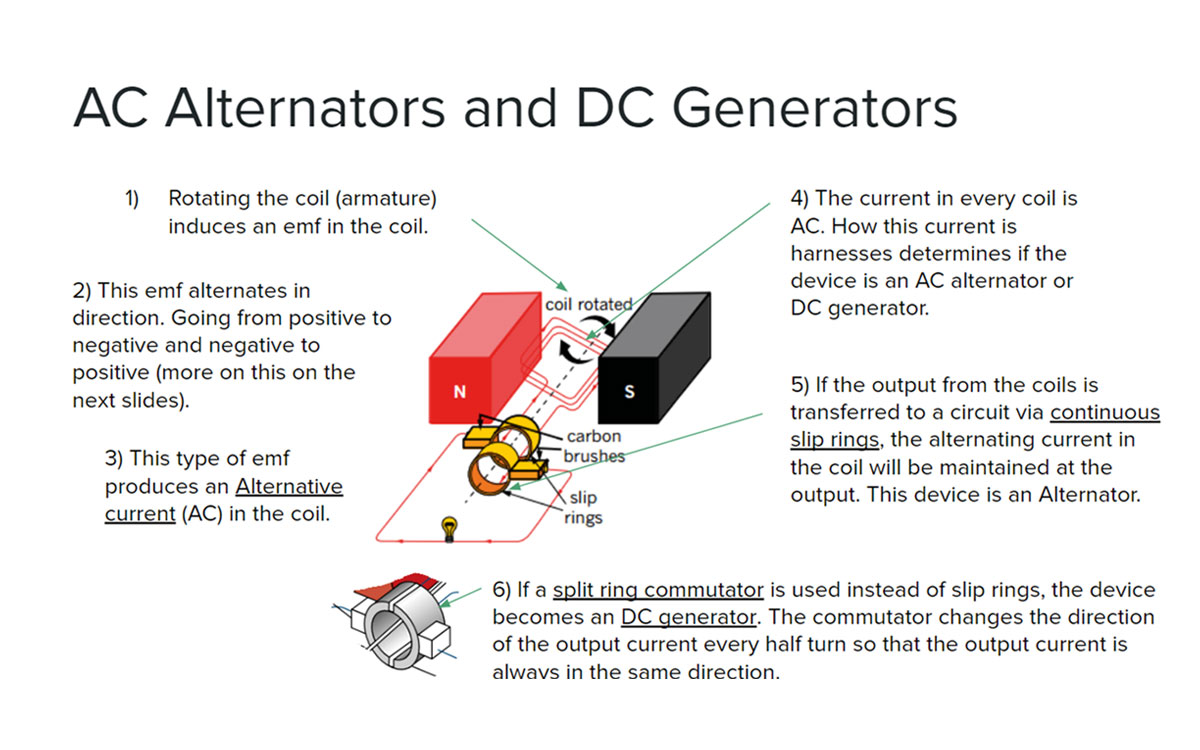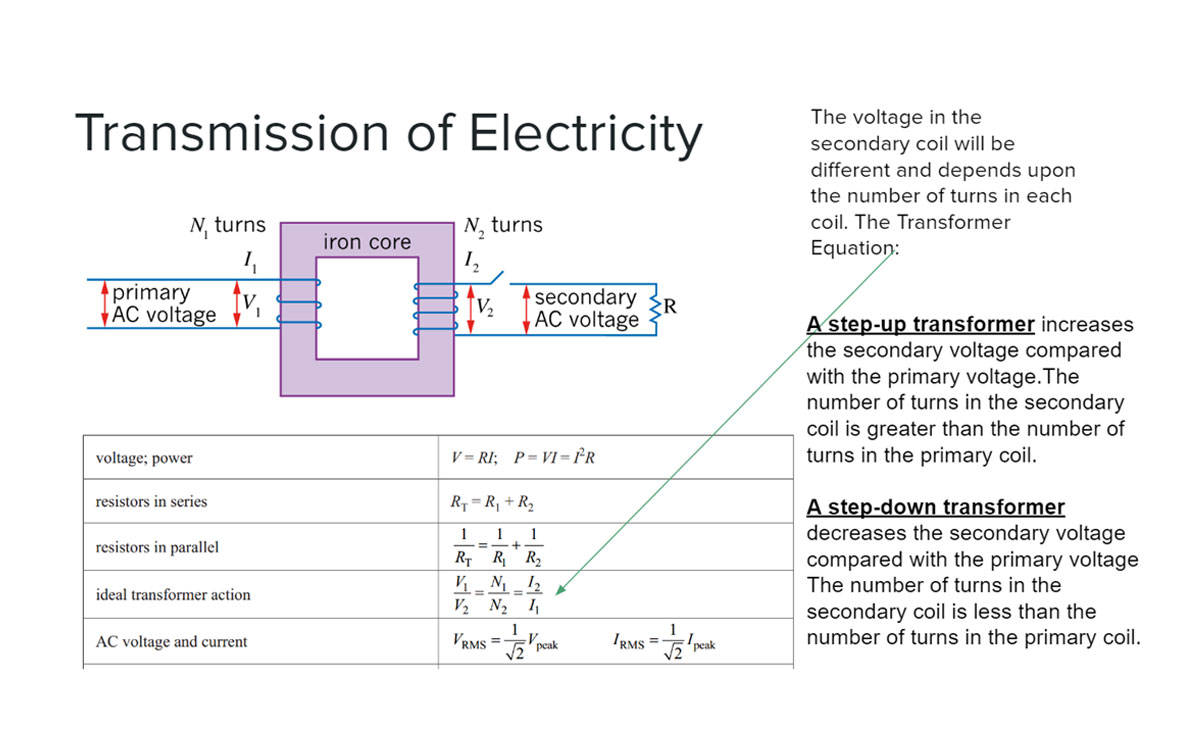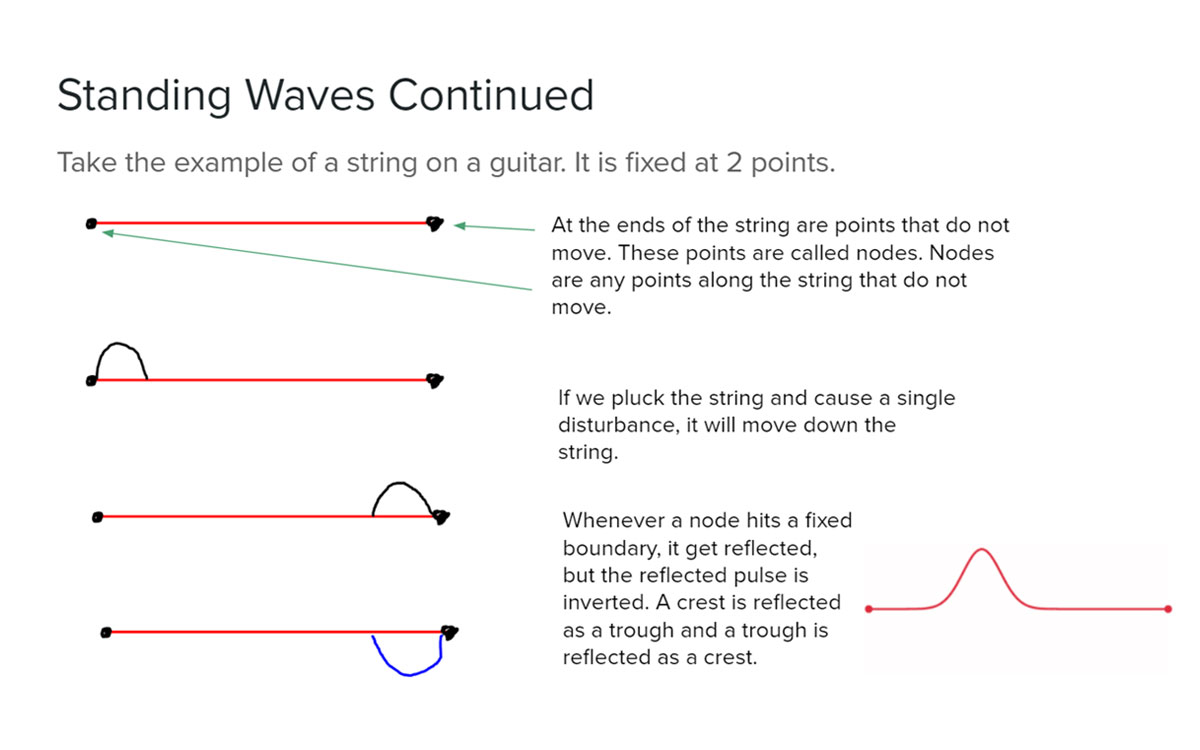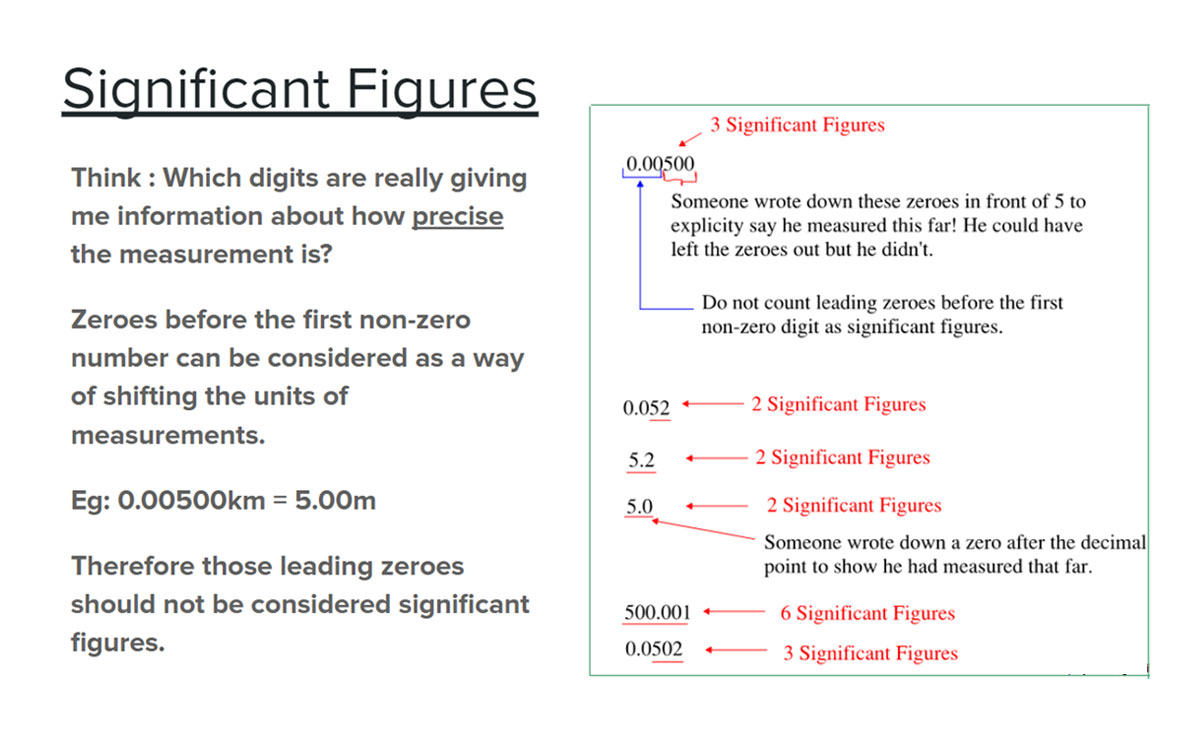A tutor who puts in the effort and cares about the progress of his student. My Year 12 son has benefited greatly from Dan’s easy to understand manner and simplified way to understand the concepts of physics. Totally recommend.
Dan is a great educator and expert in physics. His ability to get into depth of the subject with ease is incredible. Highly recommended.
An absolutely great teacher who understands the concepts well and has an immense amount of patience and respect for his students. I highly recommend him to anyone wanting do well in physics for VCE or otherwise.
Mr.Dan tutored my son for year 10 physics .Dan is incredibly knowledgeable in the curriculum of course but also exam techniques while making the subject interesting and dynamic .He is very helpful and accommodating and knows how to communicate with teenagers and ignite the spark in them .Thank you so much Dan in making the subject physics a very interesting one to my son .
Amazing tutoring, had a very creative approach to teaching and presented information in a fun, exciting and memorable ways!
Study of the fundamental principles of physics, including classical mechanics, electricity and magnetism, wave phenomena, and thermodynamics.
Students who choose to study VCE Physics will gain a deep understanding of these principles and how they apply to the world around them. They will also develop important skills in critical thinking, problem solving, and data analysis, which are valuable for a wide range of careers and higher education pursuits.
Our Exam Result achievements so far
List of VCE Physics units
Year 11
-
How is energy useful to society
-
Unit 2: How does physics help us to understand the world?
Year 12
-
Unit 3: How Do Fields Explain Motion and Electricity?
-
Unit 4: How Can Two Contradictory Models Explain Light and Matter?
-
Unit 5: Nuclear Physics and Astrophysics
Examples of our physics lecture slides
Some benefits of taking VCE Physics group classes include
- Group interaction: Students can benefit from discussing physics concepts with their peers, which can help them understand the material better.
- Collaborative learning: Students can work together to solve problems and complete projects, which can help them develop important teamwork and problem-solving skills.
- Cost-effective: Group classes are usually less expensive than one-on-one tutoring sessions.
- Flexibility: Group classes are usually scheduled at regular intervals, which allows students to plan their study time around their other commitments.
Here are some tips on how to prepare for the VCE Physics exam
- Understand the exam format: Familiarise yourself with the structure of the exam, including the types of questions that will be asked and the time allotted for each section.
- Study the syllabus: Understand the topics that will be covered on the exam and focus your studies on those areas.
- Review key concepts and formulas: Make sure you have a good understanding of the fundamental concepts and formulas in physics, and practice applying them to different types of problems.
- Practice problem-solving: Practice solving different types of physics problems, including multiple choice, short answer, and extended response questions.
- Attend class and take notes: Attend all of your physics classes and take detailed notes. This will help you stay organized and keep track of important information.
- Seek help when needed: If you are struggling with a particular concept or topic, seek help from your teacher or a tutor.
- Get plenty of rest: Make sure you get enough sleep the night before the exam, as a well-rested brain will perform better on the exam.
- Manage your time effectively: During the exam, manage your time effectively so that you can answer all the questions within the allotted time.
- Stay calm and focused: Stay calm and focused during the exam, and remind yourself that you have prepared well.
- Practice past papers and examiners report: Practice past papers and examiners report to understand the format and style of the questions and to identify areas of improvement.




